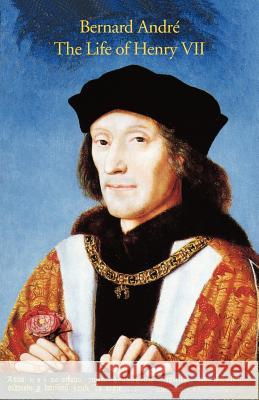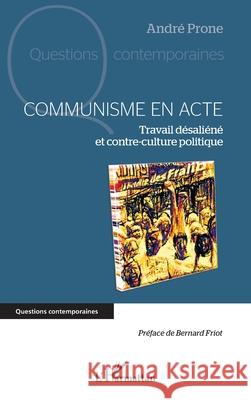topmenu
Wyniki wyszukiwania:
wyszukanych pozycji: 5
 |
The Life of Henry VII
ISBN: 9781599101897 / Angielski / Miękka / 2011 / 128 str. Termin realizacji zamówienia: ok. 16-18 dni roboczych. Composed between 1500 and 1502, "The Life of Henry VII" is the first "official" Tudor account of the triumph of Henry VII over Richard III. Its author, the French humanist Bernard Andre, was a poet and historian at the court of Henry VII and tutor to the young Prince Arthur. Steeped in classical literature and familiar with all the tropes of the ancient biographical tradition, Andre filled his account with classical allusions, invented speeches, and historical set pieces. Although cast as a biography, the work dramatizes the dynastic shift that resulted from Henry Tudor's seizure of the...
Composed between 1500 and 1502, "The Life of Henry VII" is the first "official" Tudor account of the triumph of Henry VII over Richard III. Its author...
|
cena:
106,13 |
 |
The Great Adventure of the Optical Fiber
ISBN: 9781678063870 / Angielski / Miękka / 2020 / 268 str. Termin realizacji zamówienia: ok. 16-18 dni roboczych. |
cena:
155,38 |
 |
Dans l'oeil du voyageur
ISBN: 9782336444314 / Francuski Termin realizacji zamówienia: ok. 16-18 dni roboczych. |
cena:
94,01 |
 |
Communisme en acte: Travail d?sali?n? et Contre-culture politique
ISBN: 9782336583198 / Francuski Termin realizacji zamówienia: ok. 16-18 dni roboczych. |
cena:
71,19 |
 |
Le V?g?tarisme esp?rantiste de Simone et Andr? Gaillard: Chroniques des centres Pour la Nature
ISBN: 9782336450278 / Francuski Termin realizacji zamówienia: ok. 16-18 dni roboczych. |
cena:
98,93 |










